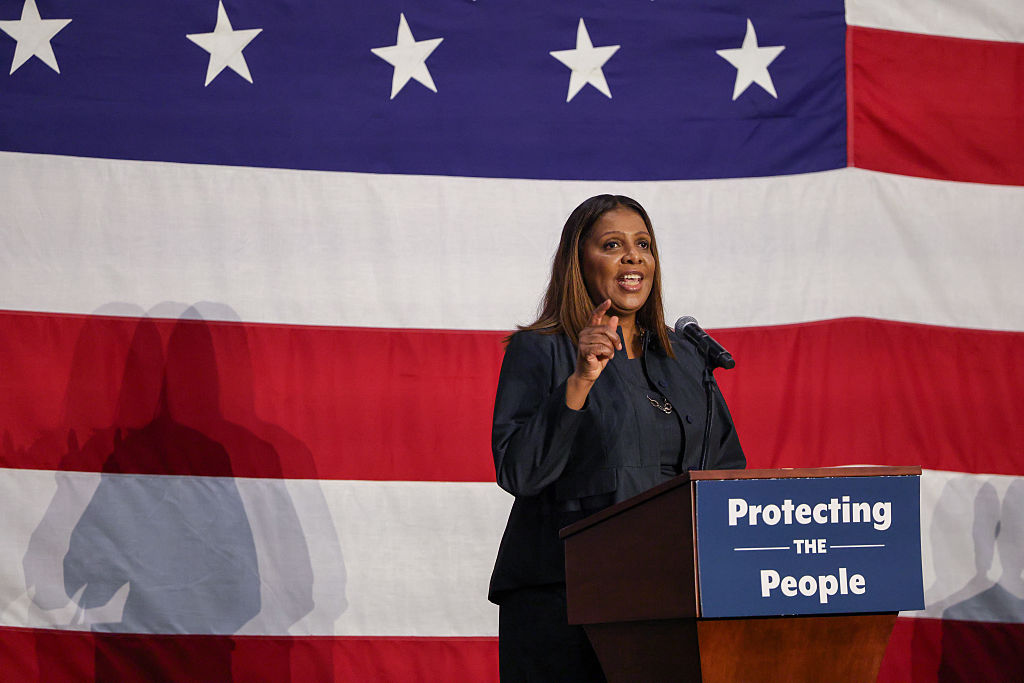The Retweet: How Nicki Minaj, Taylor Swift, & Sandra Bland Connect
The Retweet: How Are Nicki Minaj, Taylor Swift, & Sandra Bland Connected?
Weeks ago when rapper Nicki Minaj took to Twitter to expose MTV for perpetuating a system that for so long has failed to make space for women of different sizes and races, media responded by painting a narrative that violently pigeonholes Black women into the angry female mold — one that justifies the assault they so often face.
When America’s Sweetheart Taylor Swift responded in an unsolicited tweet that victimized the pop singer and vilified Nicki, it was clear this was a common story. As NewsOne’s managing editor Christina Coleman wrote in this op-ed, this disheartening practice seems to be ingrained in our society.
Too often women of color are painted as aggressive, an action that leads to the disenfranchisement and abuse of Black women, sanctioned by the false idea that they are angry, strong-willed, and never in need of support or protection.
It’s this same trope that no doubt fuels the high number of Black girls that are suspended in school — Black girls are suspended six times more often than White girls — or targeted by police as we witnessed in McKinney, Texas, when a young Black teenage girl was roughly handled by an officer. And though the derailed message Nicki was trying to spread and the misunderstanding between her and Swift seems worlds away from the abuse that’s happening every day in Black communities, the two are unequivocally connected.
It’s a coincidence we can’t ignore.
That’s a narrative not lost on Twitter users, who took Swift’s attempt to push her own victimhood as the mainstream feminism that so often silences intersectionality.
And it’s the same narrative that no doubt played a role in the treatment of Sandra Bland, the Illinois woman who was arrested last month and died three days later in a jail cell. Video of Bland’s disturbing and aggressive arrest was released at the same time Nicki and Swift engaged in what could have been a productive conversation about intersectionality and the visibility of Black women.
The thread between the three women may seem thin, but a closer look reveals that it’s really not that far-fetched at all.
In this week’s The Retweet, GlobalGrind and NewsOne Editor Christina Coleman discusses that common thread with Allison McGevna, managing editor of HelloBeautiful.com, and Jada Gomez, managing editor of TheUrbanDaily.com.
For more episodes of The Retweet, see here.
PHOTO CREDIT: Twitter
SEE ALSO:
The Retweet: How Are Nicki Minaj, Taylor Swift, & Sandra Bland Connected? was originally published on globalgrind.com















